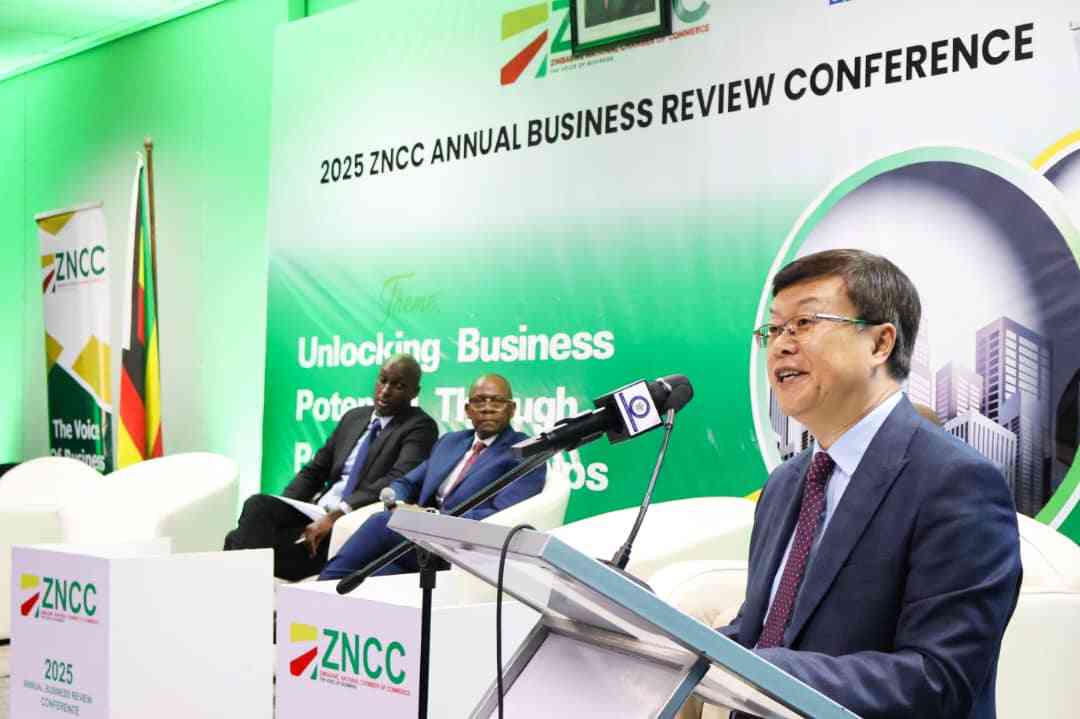
SUGARCANE miller, Hippo Valley Estates Limited, says currency fluctuations between US dollar and Zimbabwe Gold (ZiG) have created headaches for the firm as the bulk of its revenue is in local currency at a time when expenditure is foreign currency-denominated.
These revelations by Hippo come despite monetary and fiscal authorities touting a stable currency environment after implementing hawkish policies that have caused a severe liquidity crunch.
“... currency dynamics have had a negative effect on the cost of doing business as the company is currently experiencing a mismatch between the ZWG (ZiG) and US dollar on revenues and expenditure where the currency mix on revenues is currently showing a decrease in US dollar-denominated sales and an increase in ZiG denominated sales while providers of goods and services are currently preferring settlement more in US dollars than what the company is able to generate from the normal sales.” Hippo said in a trading up for the first quarter ended June 30, 2024.
The company noted that at the beginning of the current year, it adopted the US dollar as the reporting currency and would continue assessing and monitoring its market dominance for further guidance and implementation.
“The quarter under review was largely characterised by changes which came through the 2024 monetary policy framework that was pronounced shortly after the company’s year-end. The policy measures were targeted to curb exchange rate and price volatility, and ultimately reduce USD dominance in the long term,” Hippo said.
“One of the major developments was the introduction of a new currency named the Zimbabwe Gold, which has since been assigned a new currency code ‘ZWG’. At the onset, the exchange rate between the ZWG currency and the US dollar was ZWG1:US$13,56 and this eventually closed the quarter on June 30, 2024 at ZWG1:US$14,39.”
Officially, the exchange rate was reported at US$1:ZiG13,70 as of June 30.
Hippo said while ZiG had demonstrated its potential to anchor economic stability through price stabilisation and restored confidence, a cashflow mismatch between US dollars and the local currency continued.
- Tongaat Hulett in talks with 8 potential investors: Hippo Valley
- IH Securities predicts 6% Hippo Valley revenue drop
- Tongaat business rescue plan approval excites Hippo
- Hippo Valley to exhaust available borrowing facilities for capital
Keep Reading
“. . . resulting in limited US dollar-denominated receipts than required for critical imports and other local supplies which are currently priced in US dollars. The company continues to engage customers and suppliers of goods and services for a win-win currency mix on settlement to ensure business viability and sustainability,” Hippo said.
During the quarter under review, domestic sales were 7% lower than the previous period, with the spillover effects of duty-free sugar imports still noticeable, despite the repeal of Statutory Instrument 80 of 2023 that was effective from February 1.
“In addition, sales performance was impacted by a slow start from the country’s sugar refineries, but this has since recovered,” Hippo said.
“The company believes that with a good start in sugar production, positive milling performance and continuous engagements with the authorities, there will be no need for the reintroduction of duty-free sugar imports in the current and ensuing years.”
The company also experienced a decrease in export sales mainly a result of deliberate prioritisation of the domestic market.
“The industry is on course to fulfil all critical export commitments. The industry has adequate sugar to satisfy both the local and export requirements,” Hippo said.
Revenue grew by 15% on the back of better sales mix and price realisations.
The company expects better returns, augmented by improved agricultural output, positive mill performances, and enhanced commercial re-engineering.
The company revealed it was not affected by the El Niño phenomenon as it had adequate irrigation schemes in place.
“The company assures adequate sugar stocks for the year including meeting all critical sugar sales requirements before the commencement of the next season, to cover the domestic market first and then critical export market demands,” Hippo said.
The sugar milling company said it remained resilient and focused on improving performances to ensure targets were met as the year progressed, while closely watching the effects of recent policy measures.











